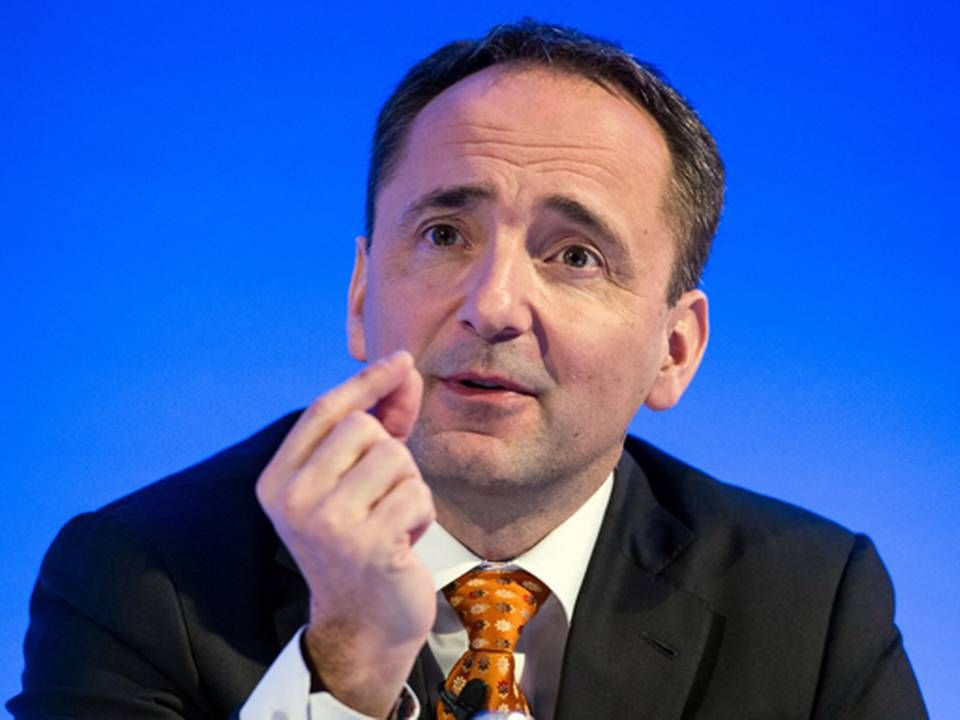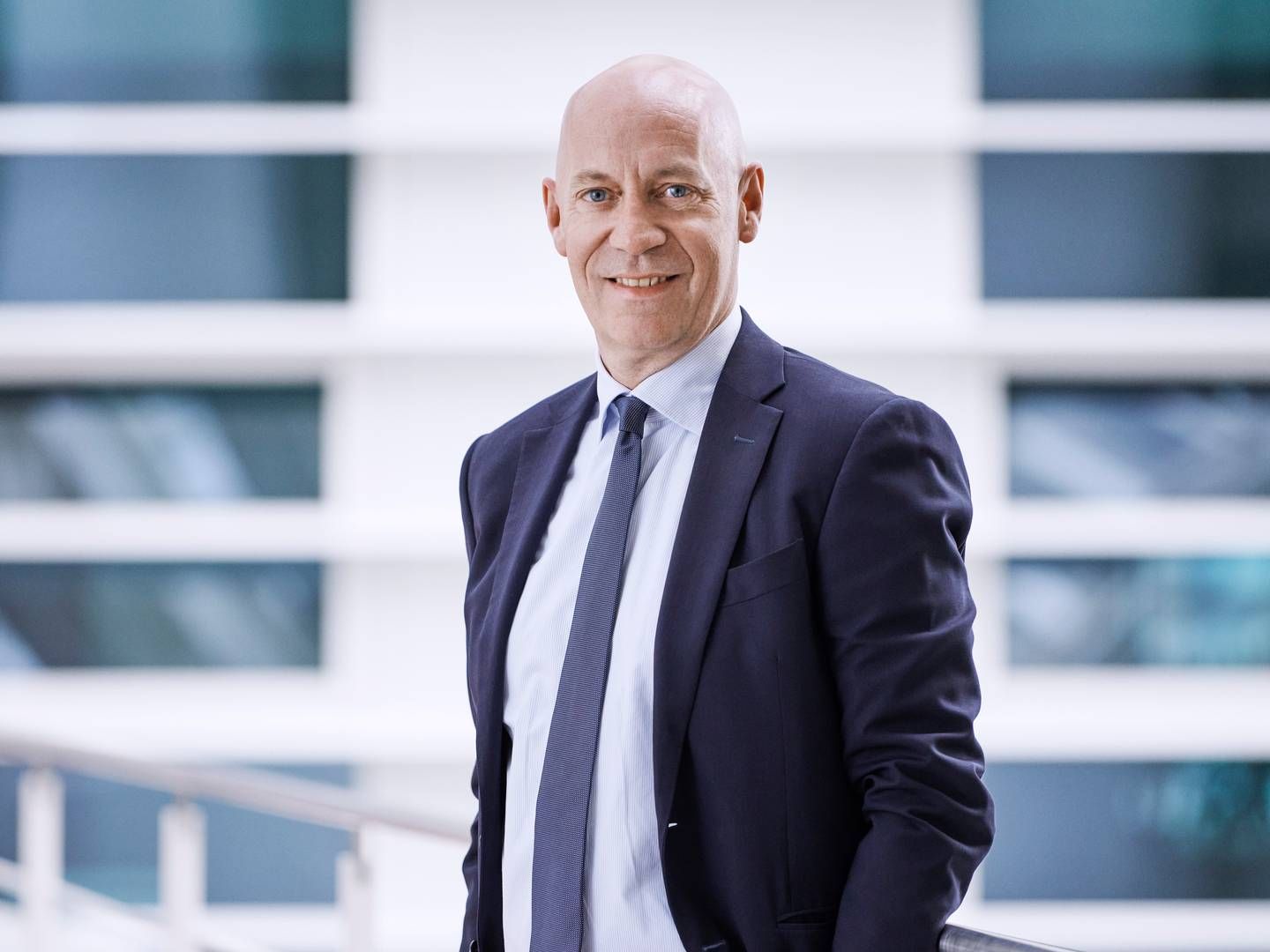Major shareholder voices unusually harsh criticism of Maersk management
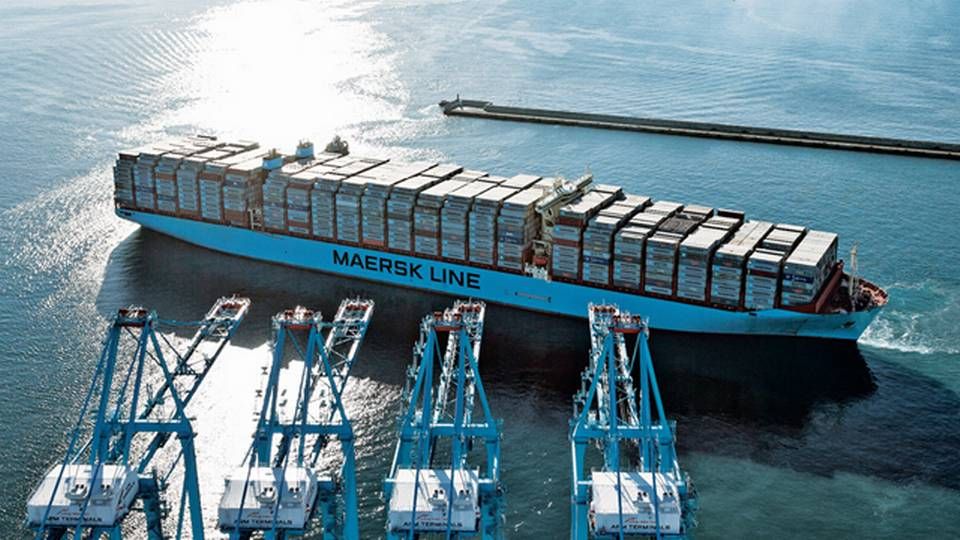
The results delivered by container carrier Maersk Line have not been satisfactory in recent years, and even though the group was hit by a hacker attack on difficult market conditions, the performance has not been good enough, said Claus Wiinblad, senior VP and head of Danish Equities at pension fund ATP, a major Maersk shareholder, at the group's general assembly Tuesday in Copenhagen.
"The cyber attack last year was a disrupting factor, and the container rates have been under pressure. But that can't explain everything. When I look at the development of Maersk Line over the past three years, the operational performance has not been satisfactory," said Wiinblad.
For 2017 Maersk Line achieved an operating profit (EBIT) of USD 744 million, a significant improvement from a deficit of USD 396 million in 2016.
But Maersk Line is still far from its target of an EBIT margin that is 5 percentage points better than the industry average, as has been achieved in the past.
"The past EBIT margin gap to the competitors has disappeared, and there have been quite too many interim reports with disappointing results compared to analyst expectations," said Wiinblad.
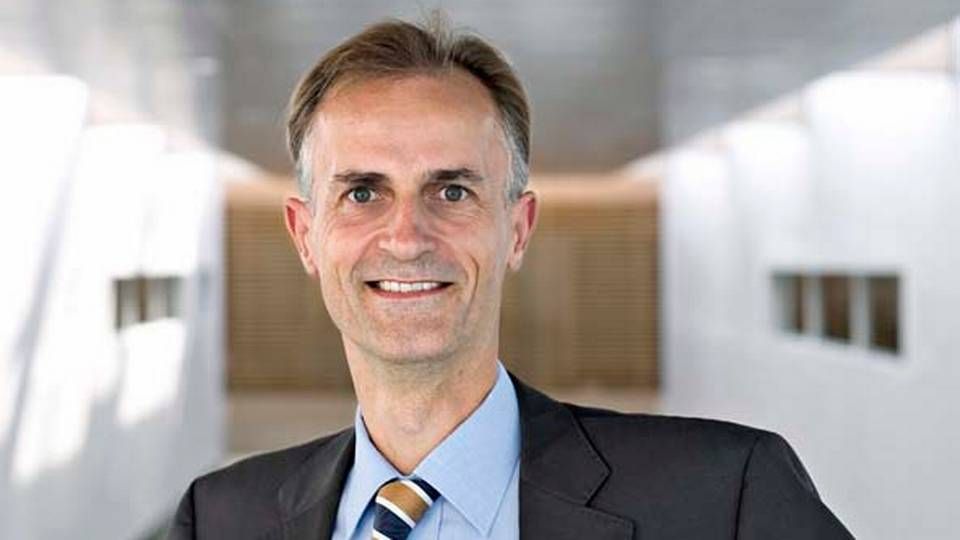
"In the short term, the good old business acumen needs to do better. In other words, one might say fix the base," he said to the Maersk executive board.
Wiinblad is generally positive toward Maersk strategy, which aims to sell off the oil-based business and creating an integrated transport and logistics unit, but he calls for more concrete details from the executive board in terms of how this strategy will improve earnings.
"I'd like for the management to, in time, become more concrete about how these visions in practice and detail will be realized," he said.
He points to several areas in which he says Maersk can grow its earnings, including cost reductions at Maersk Line through increase digitalization, by taking more business from freight forwarders, and by developing new business areas.
Disappointing returns
Wiinblad is also displeased with the shareholder dividends awarded in recent years.
"If we look at the share price since the strategy was announced in 2016, it has produced a 7 percent return. That can only be described as unsatisfactory"
"Management faces a big challenge in convincing the stock market that the glass is half full and not half empty, and that there is a significant untapped potential in completing the transformation."
"I think the strategy is right, but I also see a huge task for management and the employees in successfully implementing it," he said.
Maersk Chairman: No shortcuts or magic tricks
At the general assembly, Maersk Chairman Jim Hagemann presented his take on how far Maersk has moved in recreating itself to shareholders, including ATP, who have lost huge sums on the share dive since the summer last year.
He stressed that the group is in the midst of a process to reinvent the company. A comprehensive transformation in which there are not shortcuts or magic tricks despite a sliding share price.
"We've achieved a lot in 2017, strategically as well as operationally and organizationally. A lot has happened in areas we've been able to affect and control," said Snabe, citing factors such as the divestments of Maersk Oil and Maersk Tankers, and he added that the integration of the company's transport and logistics units were also off to a good start in 2017.
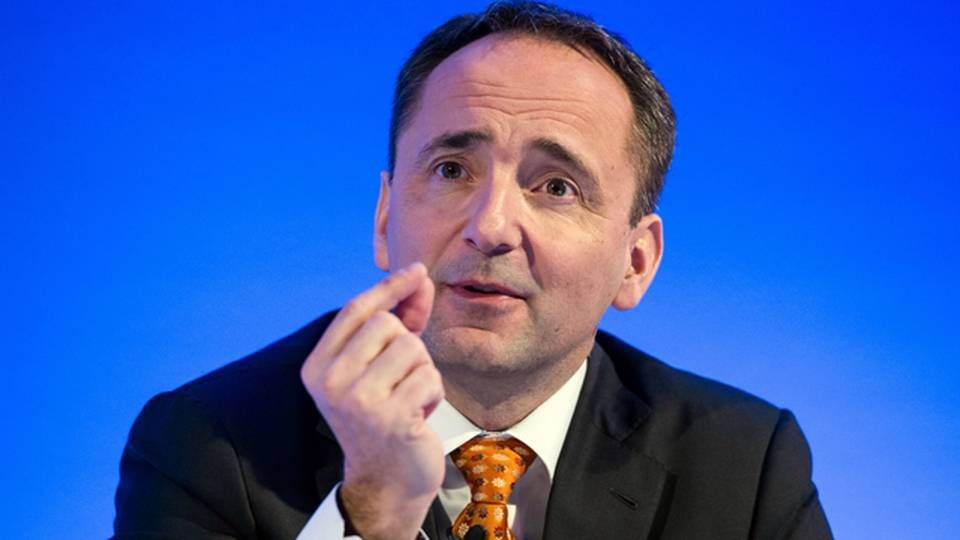
He also highlighted the implementation of digital solutions, including the blockchain joint venture with IBM.
In addition to the work on "reinventing the company," as Snabe said, 2017 was also a turbulent year for Maersk in other ways. As mentioned by Wiinblad, these included the hacker attack, volatile container freight rates and higher fuel prices – factors Snabe described as "uncontrollable" elements.
Furthermore, the chairman, who replaced Michael Pram Rasmussen a year ago, stressed that the group's share price is higher today than prior to the announcement of the new strategy almost two years ago.
"We mustn't forget that the share price today is 13 percent higher than it was in 2016 before we announced our new strategy. This positive development indicates that the strategy has been well received by our shareholders," he said:
"Meanwhile, the share price development shows that there may have been an expectation for a quick recovery of the business. We're convinced that this is the right strategy. Unfortunately there are no simple shortcuts. Reinventing such a large company is a huge task. It's a task that is in full process, and it's also a very exciting and motivating task. Through the transformation of A.P. Moeller-Maersk, we play a part in transforming global trade, creating sustainable growth while also creating a better business for A. P. Moeller-Maersk."
English Edit: Daniel Logan Berg-Munch
Related articles
Maersk chairman: Chinese expansion challenges Europe
For subscribers
Maersk Chairman declares war on Big Tech
For subscribers

